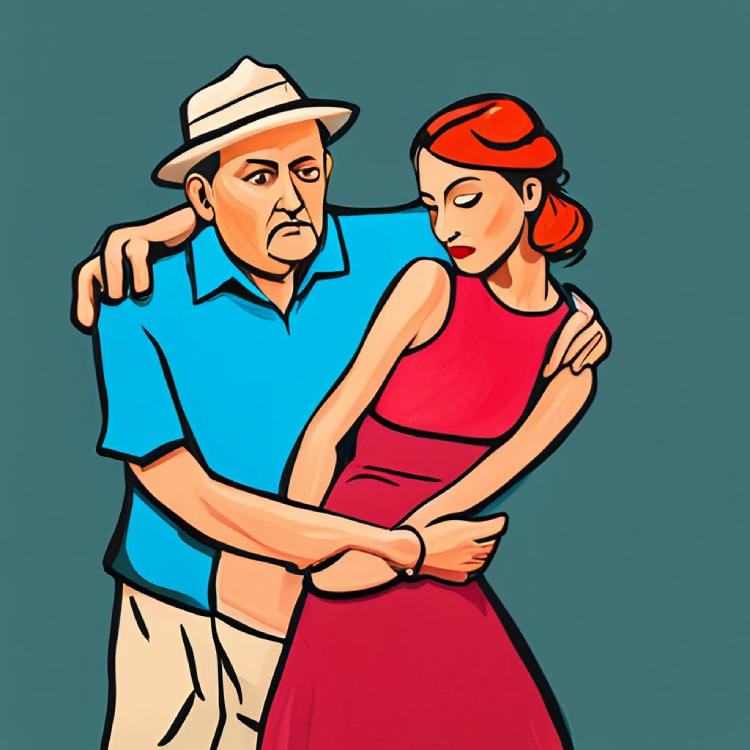In dealing with the subject of affair recovery and infidelity, an issue needing attention is that of ‘traumatic bonds. ‘ Traumatic bonding occurs when a person develops an attachment to people who are dangerous to themselves.
Within an affair situation, traumatic bonding can occur between the infidel and their paramour or between the spouses. When such bonding occurs, the ‘victim’ remains in the relationship, which may be damaging on a physical or emotional level.
In many ways, they experience a type of helplessness that keeps them locked into that role. To illustrate this situation, one study found that a woman in such a situation was assaulted 35 times before she called the police.
Forgiving people for saying mean things is one thing, but allowing assaultive behavior to continue that long before taking action indicates there’s something wrong with the situation.
This sounds extreme, but when people are caught up in a traumatic bond situation, this kind of extreme behavior is what they are used to.
This kind of bonding is a foundational element of sexual addictions and contributes to marital instability. Staying in such situations is maladaptive.
The victim sincerely believes they are coping with the situation by staying in the abusive relationship, which produces what some researchers call “crazy-making” behavior.
If you are caught in a situation like this, begin setting boundaries. These are essential for your survival and the survival of your family members. Even if you start out small, begin setting them.
It’s also important to respect yourself. As part of respecting yourself, do not allow yourself to be put in the victim role again. It may take time to change the situation, but ignoring it will only serve to allow it to continue.
The risk of traumatic bonds forming is just one of the dangers associated with affairs. Not all affairs have them. If you are dealing with an affair involving traumatic bonds, you’ll benefit from additional help.
The video “Overcoming Affair Trauma" will help you gain a deeper understanding of your situation and ways of dealing with it.
When the affair ends, it doesn’t end the effects of the traumatic bonds. Those bonds continue influencing thinking and behavior long after the affair is over.
Best Regards,
Jeff
Still feeling the sting of betrayal from an unfaithful partner?
Get expert advice and strategies to help you rebuild trust before it’s too late. Subscribe now for daily emails to help you save your relationship!


